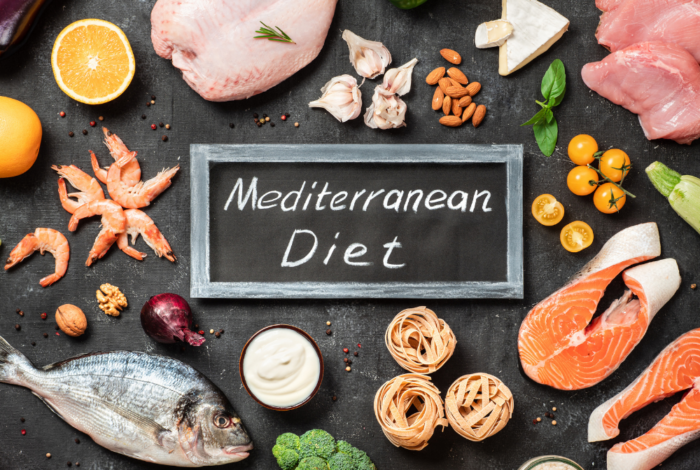In a world that is constantly changing at such a rapid pace, holding on to traditional dietary habits faces significant challenges. Some factors that may make it more difficult to follow a Greek Mediterranean diet are:
- Lack of time. These days, the fast pace of daily life leads to a need to find fast solutions for meals and, as a result, preparing food at home takes a back seat. Although the traditional Greek diet emphasises the consumption of unprocessed or minimally processed foods, often the lack of available time leads us to fall for fast foods that are prepared, overly processed and of low nutritional value.
- Easy access to processed foods. In today’s modern world, easy access to processed foods, like ready-to-eat meals, soft drinks and salty snacks (e.g. baked goods, crisps, etc.) automatically makes them more attractive. This easy access can induce people to choose them more often, instead of investing the necessary time and effort to prepare traditional Greek meals, like legume-based soups or non-meat casseroles.
- Higher cost. Some of the key foods in traditional Greek cuisine, such as olive oil, seasonal fruits and vegetables and fish, may be more expensive than processed foods, making them less accessible to specific groups of people.
- Increased anxiety and stress. Pressure and stress in modern society can significantly affect our dietary habits. When we are emotionally overwhelmed, we often seek out “comfort food”: foods or dishes that make us feel better psychologically. However, comfort food is often “fast food” or sweets, ultimately exacerbating psychological stress.
- Influence of mass media. Advertising on mass media often promotes unhealthy dietary choices, such as fast food, sweets and soft drinks. Constant exposure can influence consumers’ choices, leading them to select processed foods that deviate significantly from the principles of the Greek Mediterranean diet.
- Changes in the role of the family. Family meals, where all the family members gather around the table, take place far less often in modern societies. As a result, the social nature of eating together, which is a key aspect of the Greek diet, is overlooked.
Despite these challenges, the Greek Mediterranean diet is still a dietary model with numerous benefits for our health. Identifying the factors that can hamper its adoption is the first step towards addressing these challenges.










